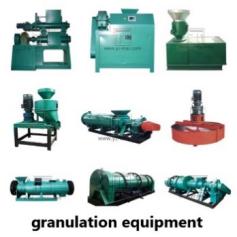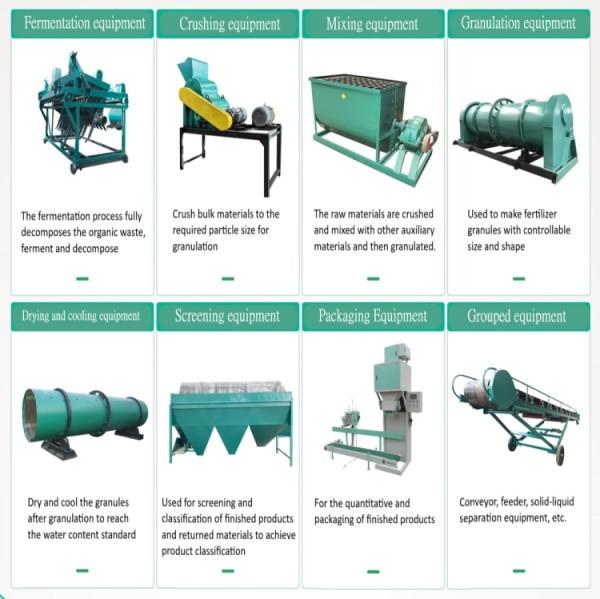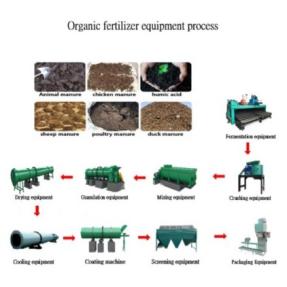Compost machines
Compost machines are specialized equipment designed to facilitate and streamline the composting process. These machines help convert organic waste materials into nutrient-rich compost through efficient decomposition, aeration, and mixing. Here are some key types of compost machines commonly used in composting operations:
Compost Turners:
Compost turners are machines specifically designed to mix and aerate compost piles or windrows. They use rotating drums, augers, or paddles to lift and turn the compost materials, ensuring proper aeration and uniform decomposition. Compost turners enhance microbial activity and accelerate the composting process.
Compost Shredders:
Compost shredders, also known as chipper shredders or green waste shredders, are used to break down larger organic waste materials into smaller pieces. These machines reduce the size of branches, leaves, garden waste, and other materials, facilitating faster decomposition and creating compostable material.
Compost Screens:
Compost screens, such as trommel screens or vibrating screens, are used to separate larger particles, debris, and contaminants from the finished compost. These screens ensure that the final compost product has a consistent particle size and is free from unwanted materials.
Compost Bagging Machines:
Compost bagging machines automate the process of filling and sealing compost into bags or containers. These machines improve efficiency and consistency in packaging compost products. Compost bagging machines are available in various configurations, including manual, semi-automatic, and fully automatic systems.
Compost Granulators:
Compost granulators, also known as pelletizing machines, are used to transform compost into uniform granules or pellets. These machines enhance the handling, storage, and application of compost fertilizer. Compost granulators typically involve processes such as drying, grinding, mixing, and pelletizing to produce consistent and high-quality compost granules.
Compost Mixers:
Compost mixers are used to blend different compost materials, ensuring a homogeneous mixture for optimal nutrient distribution. These machines facilitate the blending of various feedstocks, such as green waste, food waste, and animal manure, to achieve a balanced and nutrient-rich compost blend.
These compost machines are available in various sizes and configurations to suit different composting needs, from small-scale home composting to large commercial operations. The selection of the appropriate compost machine depends on factors such as the scale of composting, feedstock type, desired compost quality, available space, and budget considerations.






